In order to take care of one’s medical emergencies, medical insurance is considered as the safest investment option. This allows the taxpayer to avail of the benefits on two front. One being taken care of by the insurance policy in the case of a medical emergency. The other being the tax benefit allowed under section 80D of the income tax act for investing in an investment product.
Who can claim deduction under section 80D?
Every individual or HUF can claim a deduction under section 80D of the income tax act for the medical insurance done by them. Sec 80D of Income Tax Act also offers the benefit in case the health insurance is taken to cover their spouse, dependent children, or parents.
Limit of tax deduction under section 80D
Limits of deduction under section 80D in the case of an individual:
A deduction to the extent Rs. 25,000 is allowed in respect of the below:
- Premium paid to keep in force health insurance policy covering self, spouse, or dependent children.
- Any contribution to Central Health Government Schemes.
- Any other scheme may be notified by the central government as eligible for deduction.
Apart from the above, an additional deduction for the insurance of the parents is available to the extent of Rs. 25,000 if they are less than 60 years of age or Rs. 50,000 if they are more than 60 years of age. If the individual and the parent are both above 60 years of age, the maximum deduction that can be availed under this section would be Rs. 1,00,000.
The table below shows the summary of the deductions under various categories:
| S.no | Nature of expenditure | Expenditure made for | Eligible deduction |
| 1. | Amt paid to keep in force eligible health insurance. Contribution towards Central Health Government SchemeExpenditure towards preventive health check-up | Self, spouse, and dependent children For (b) & (c) , if the age of the above persons is above 60 years of age and they are resident in India | Rs. 25,000 Rs. 50,000 |
| 2. | Amt paid to keep in force eligible health insurance.Preventive health check-up | Parents If the age of the above persons is above 60 years of age and they are resident in India | Rs. 25,000 Rs. 50,000 |
| 3. | Amount paid on account of medical expenditure for self/spouse/parents who are of the age of 60 and above, being a resident in India, and no payment has been made towards the health insurance | Rs. 50,000 |
Senior citizens also include senior citizens covering a resident individual who is at least 80 years of age and above at any time during the previous year. Furthermore, parents include father and mother(both dependent or otherwise) but do not include father-in-law and mother-in-law.
How can you claim deduction under section 80D?
The maximum deduction to be claimed under section 80D depends on how many people are covered under the insurance cover. Depending on the taxpayer’s family situation and the respective people covered under the policy, the limit could be Rs 25,000, Rs 50,000, Rs 75,000, or Rs 1 lakh. Taxpayers can take advantage of section 80D by purchasing the health insurance policy for self/spouse/dependent children or parents.
Let us understand the deduction allowed under section 80D with the help of an example:
Mr. Amit, aged 46 years, paid a medical insurance premium of Rs. 22,000 to insure the health of her and her spouse. Furthermore, he paid a premium of Rs. 48,000 to insure the health of his father, aged 63 years. He also contributed Rs. 4,600 towards the Central Government Health Scheme during the year.
Below is how the deduction under section 80D will be computed for Mr. Amit.
| Particulars | Amount paid | Maximum permissible |
| Premium paid for self and spouse:Medical insurance premium Contribution to CGHS | Rs. 22,000Rs. 4,600 | Rs. 22,000Rs. 3,000 |
| Premium paid for a father who is a senior citizen:Mediclaim paid | Rs. 48,000 | Rs. 48,000 |
| Total deduction allowed under section 80D | Rs. 74,600 | Rs. 73,000 |
In order to claim deduction under section 80D, it is mandatory to make the payment of premium via modes other than cash. The taxpayer will not be eligible for deduction in case the premium is paid through cash. However, the deduction is allowed if the taxpayer is making the payment in cash for a preventive health-care checkup.
Insurance, being a service, attracts GST as per the provisions of the Goods & Service Tax. While the taxpayer will be paying this tax to the insurance company, he cannot claim the same under section 80D. This implies that only the base amount of premium can be claimed as a deduction.
What is a preventive check-up? How to claim expenses for a preventive check-up?
Preventive Health Checkup aims to identify and minimize risk factors in addition to detecting illnesses at an early stage. In order to avoid a medical shock at any time, a system of preventive health check-up is kept in place. This is done yearly or six-monthly as decided by the taxpayer. This ensures the taxpayer’s commitment to getting the checkup at the prescribed time.
Below are some of the conditions that need to be satisfied for claiming the tax deduction:
- The expenditure needs to be incurred in a financial year. The expenditure will be allowed in the year in which the taxpayer has actually incurred some money towards preventive check-ups.
- Expenditure is to be made by mode other than cash.
- The preventive check-up can be done for self/spouse/parents and dependent children only.
In order to claim the exemption for a premium paid under section 80D, the premium is required to be paid by cheque or electronic transfer. There is no restriction on the amount of premium and hence the entire premium should be paid via electronic mode in order to claim the exemption.
Claim deductions against group health insurance provided by my employer
Group insurance by themselves is not covered under the provisions of section 80D. The group insurance provided by the employer is not considered for tax benefits. However, in a case wherein the employee is paying some extra premium to increase the coverage, the deduction can be claimed for the extra amount paid by the employee.
Frequently Asked Questions
The tax benefits under section 80D towards health insurance cannot be claimed in the case of independent children. In this case, the children themselves can avail of the tax benefit under section 80D for payment towards health insurance subject to the maximum limit prescribed in the section.
Yes, deduction under section 80D can be claimed in a case wherein the spouse or the parents are not dependent on the taxpayer. In the case of a party paid premium, the amount paid by each can be claimed by both up to the maximum amount paid.
As per the provisions of section 80D of the income tax act, any payment made towards preventive health check-ups will be allowed as a deduction that can be claimed by the taxpayer up to a maximum of Rs. 5,000. The amount of deduction is included in the overall limit of Rs. 25,000/Rs. 50,000 as the case may be. This deduction can also be claimed either by the individual for himself, spouse, dependent children, or parents. The payment for preventive health check-ups can be made in cash.
The benefit under section 80D can be claimed in the case of splitting of premium between individuals for a single policy. In this case, the total amount paid by the individual can be claimed in their returns and the balance shall be claimed by the other person.
Popular Income Tax Sections
Related Articles
- Who can claim deduction under section 80D?
- Limit of tax deduction under section 80D
- How can you claim deduction under section 80D?
- Exclusions from premium while claiming the deduction.
- What is a preventive check-up? How to claim expenses for a preventive check-up?
- Is cash payment allowed for the premium paid for deductions u/s 80D?
- Claim deductions against group health insurance provided by my employer
- Frequently Asked Questions
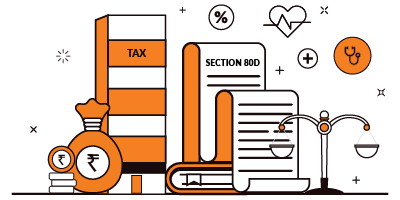











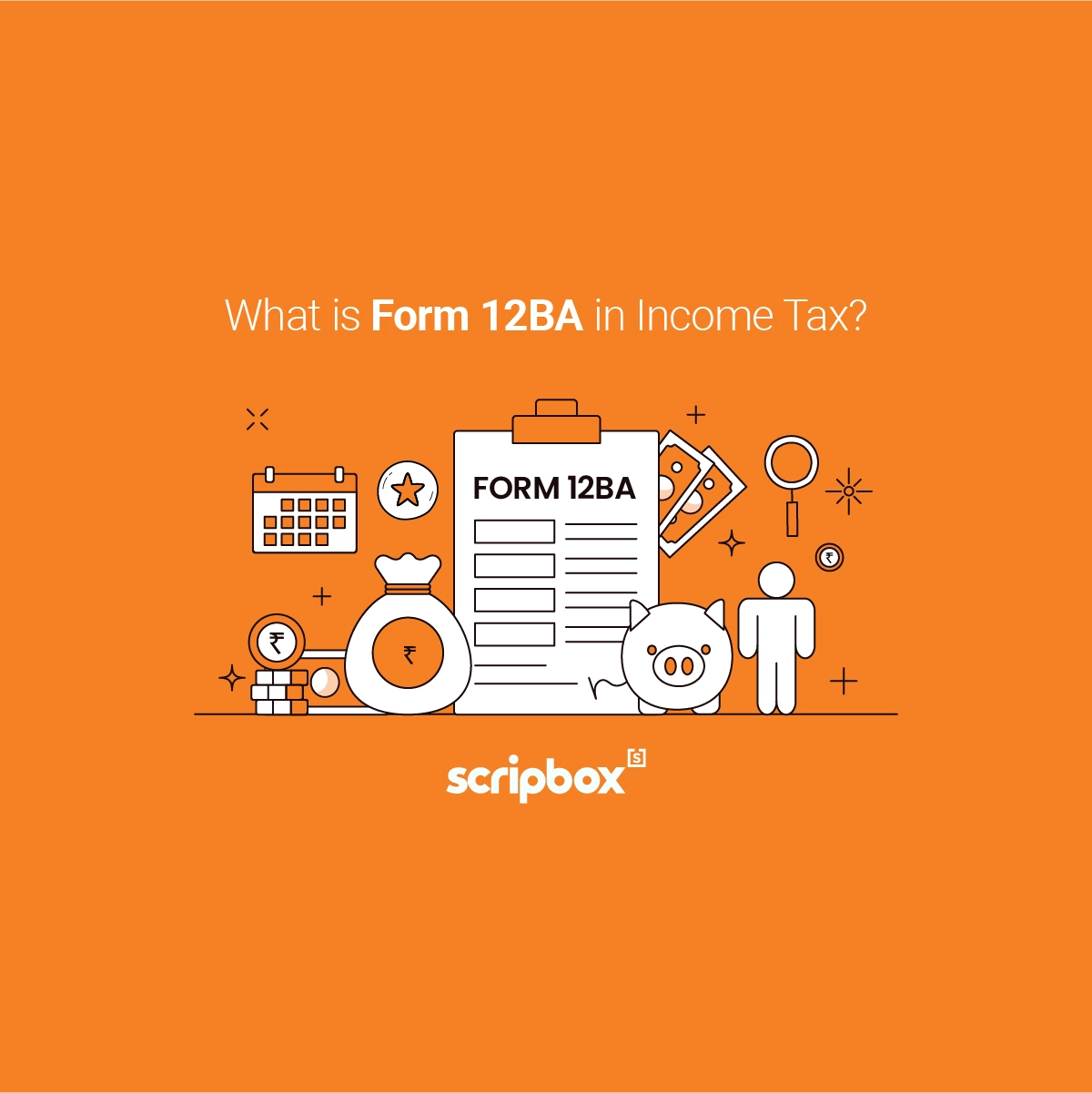
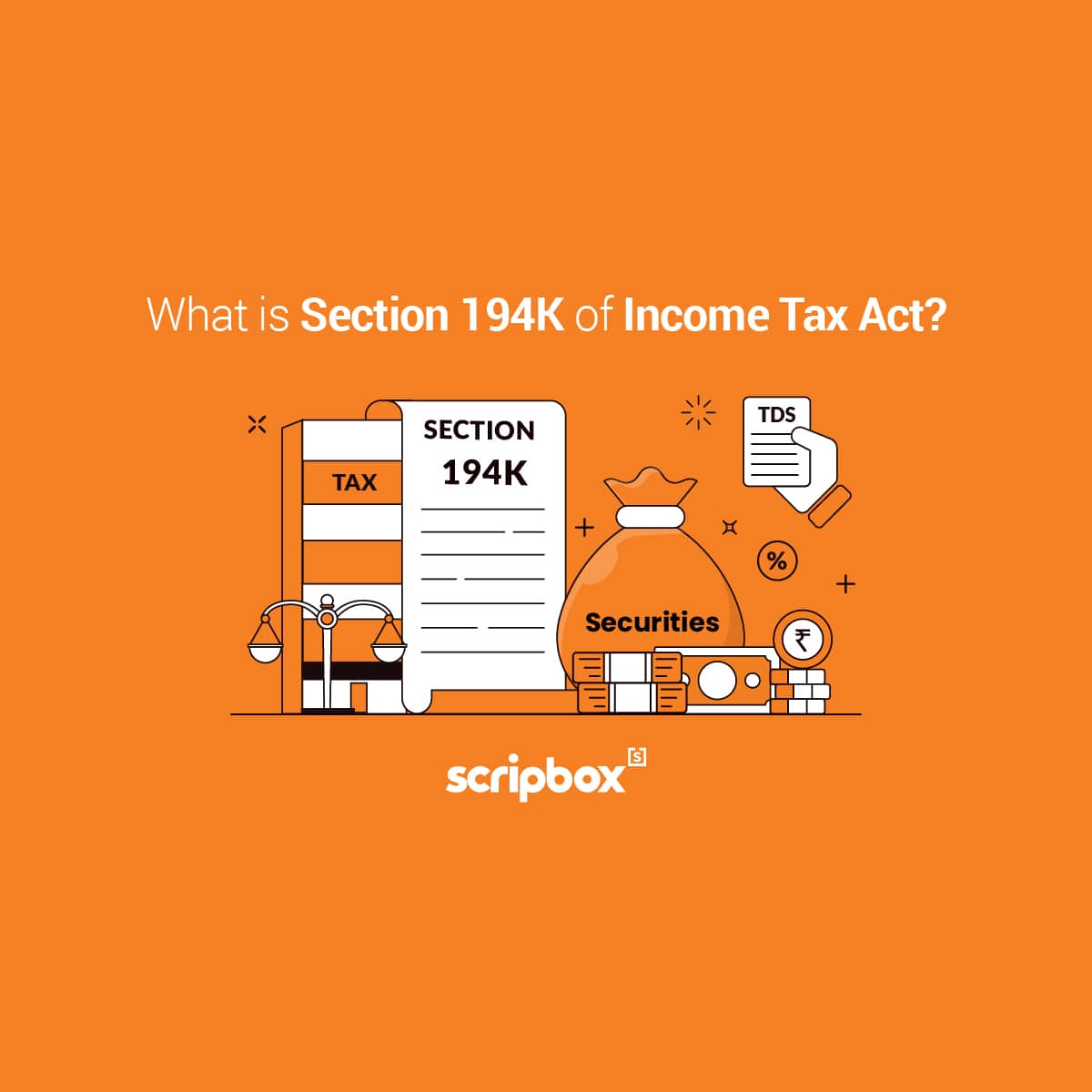
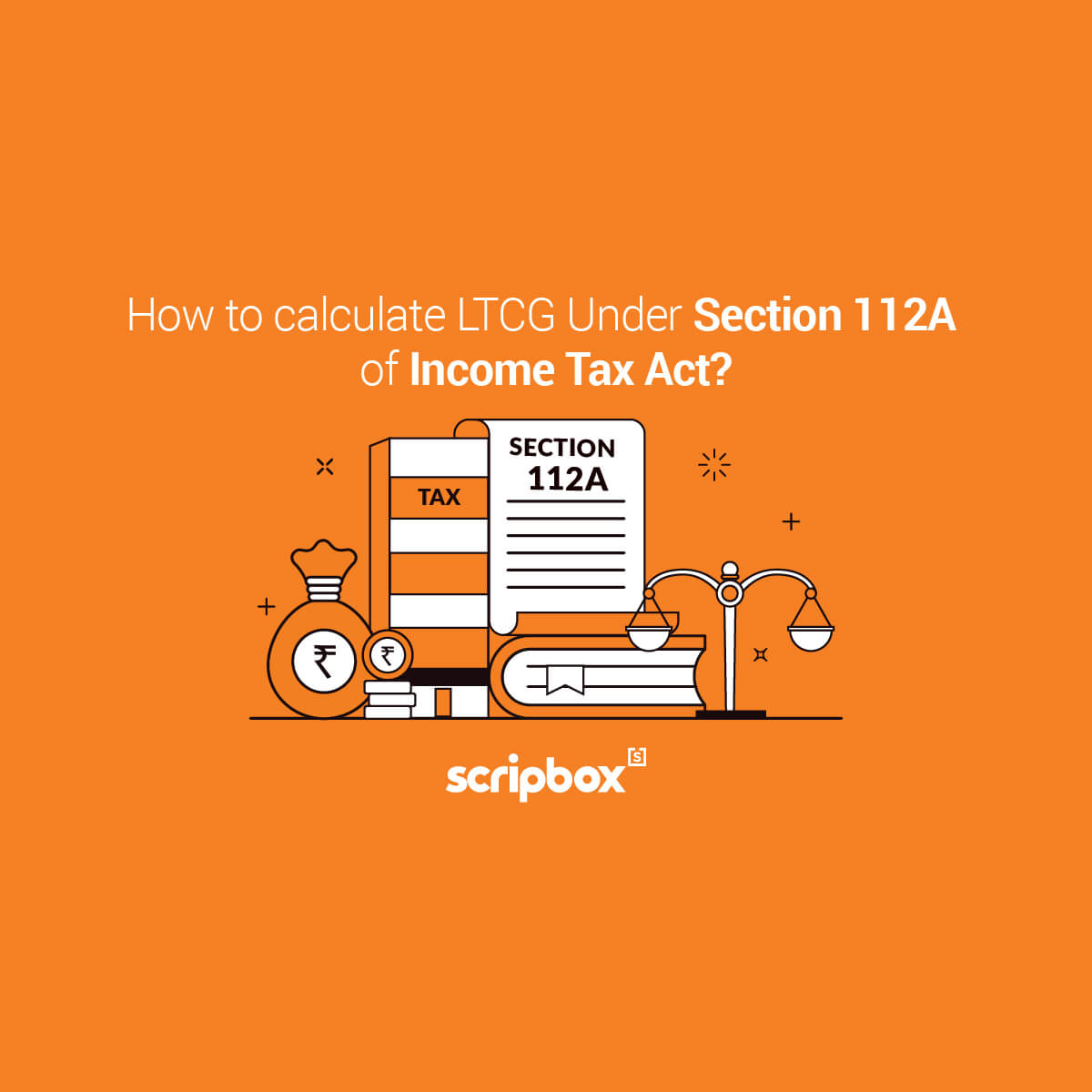
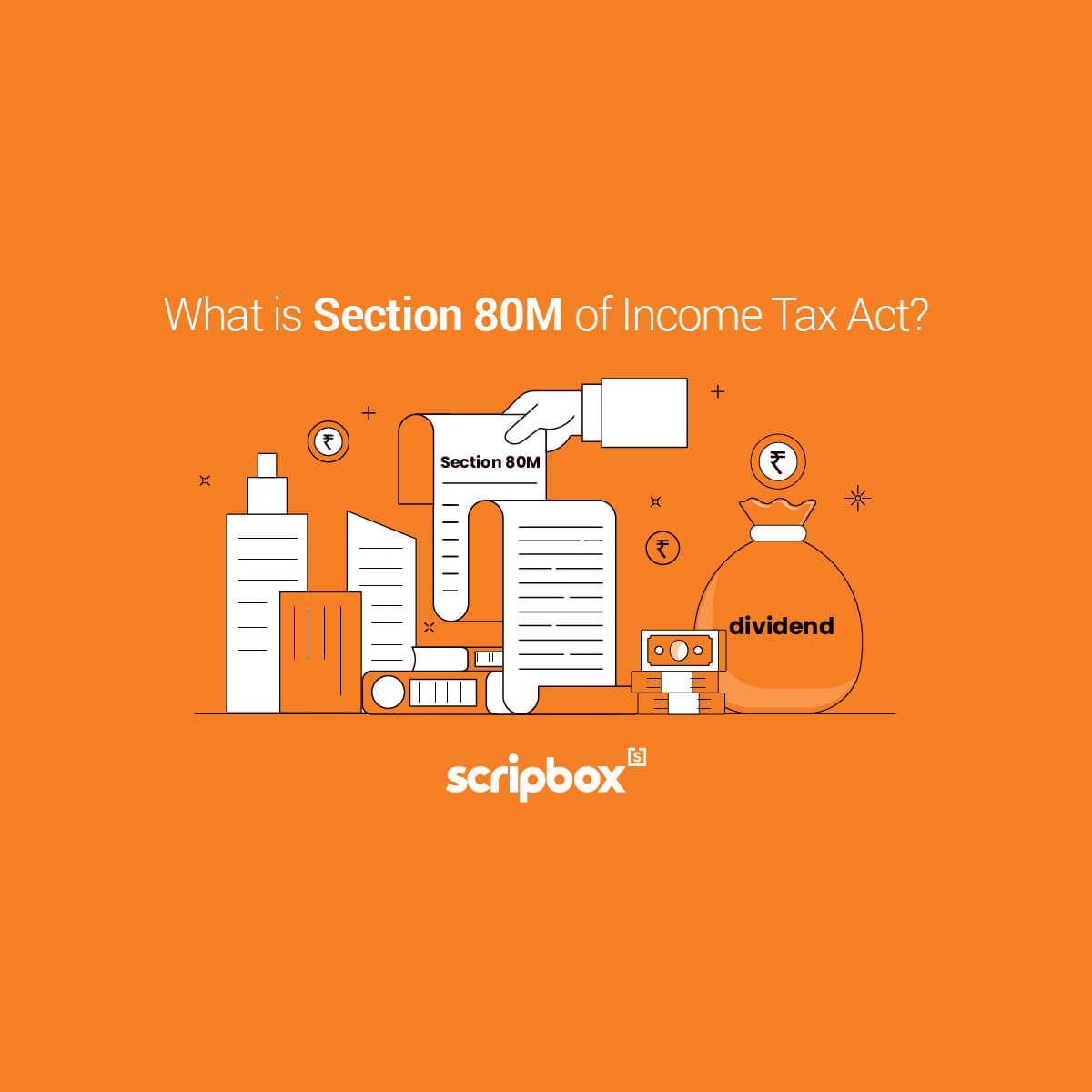
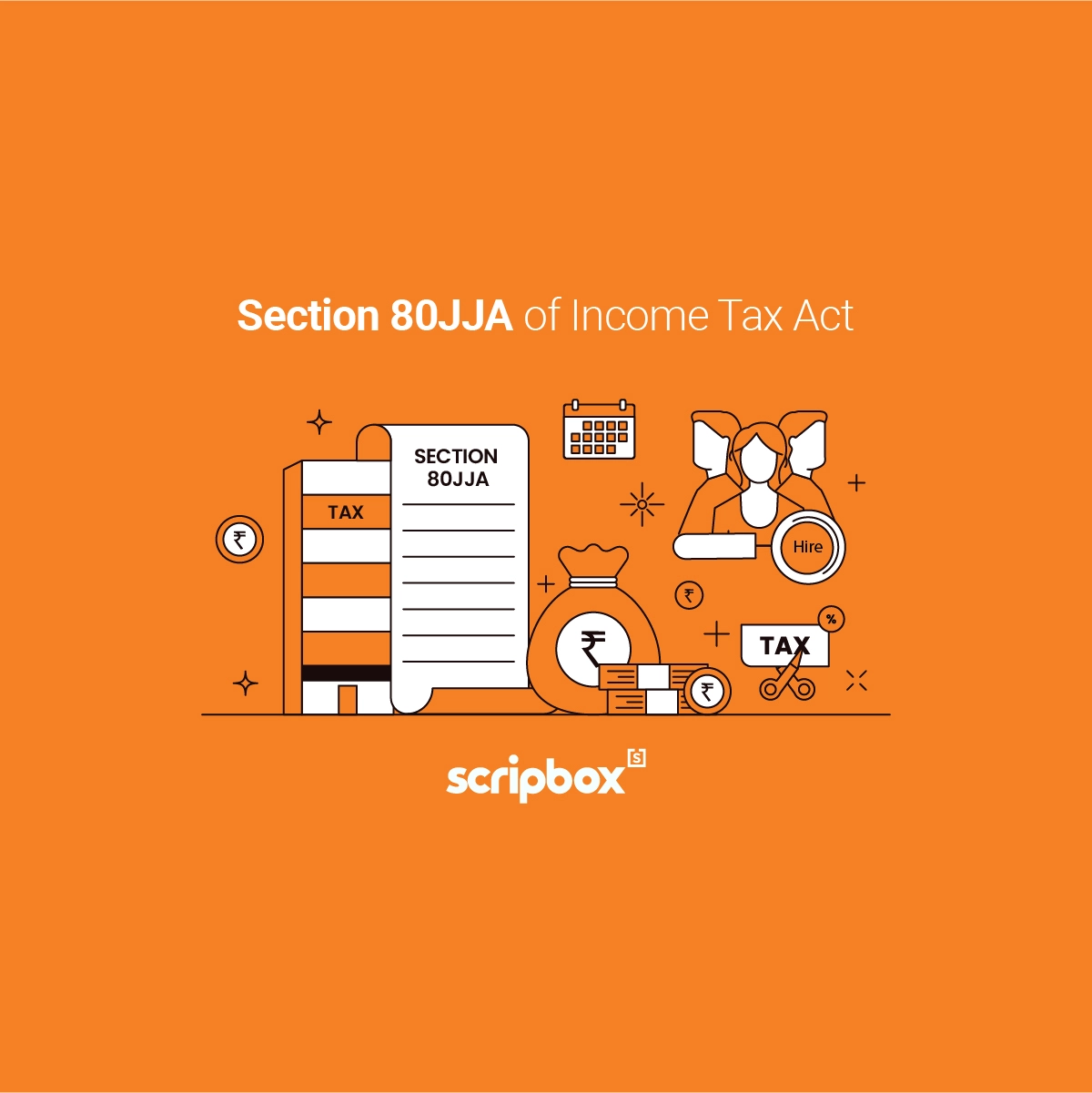
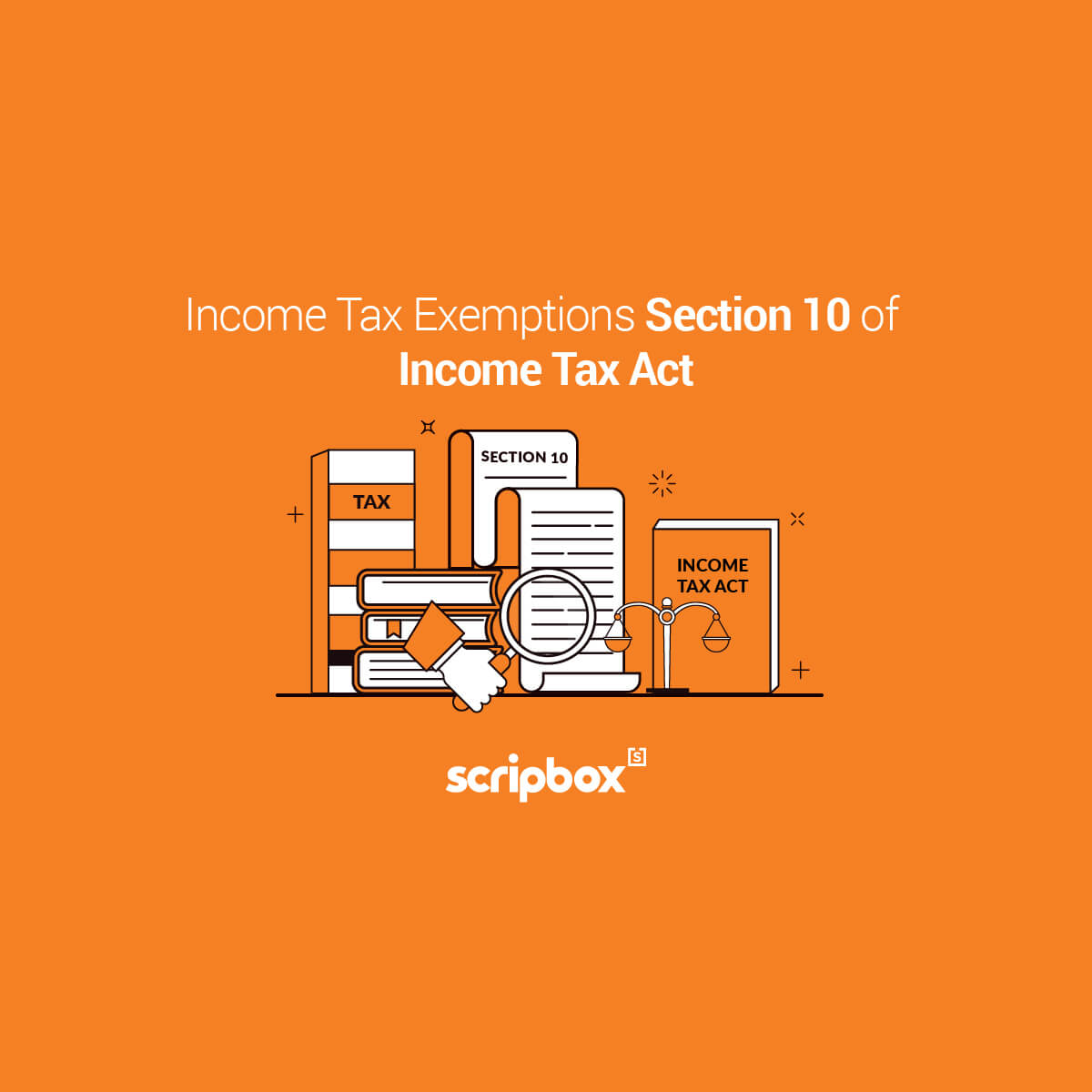






Show comments